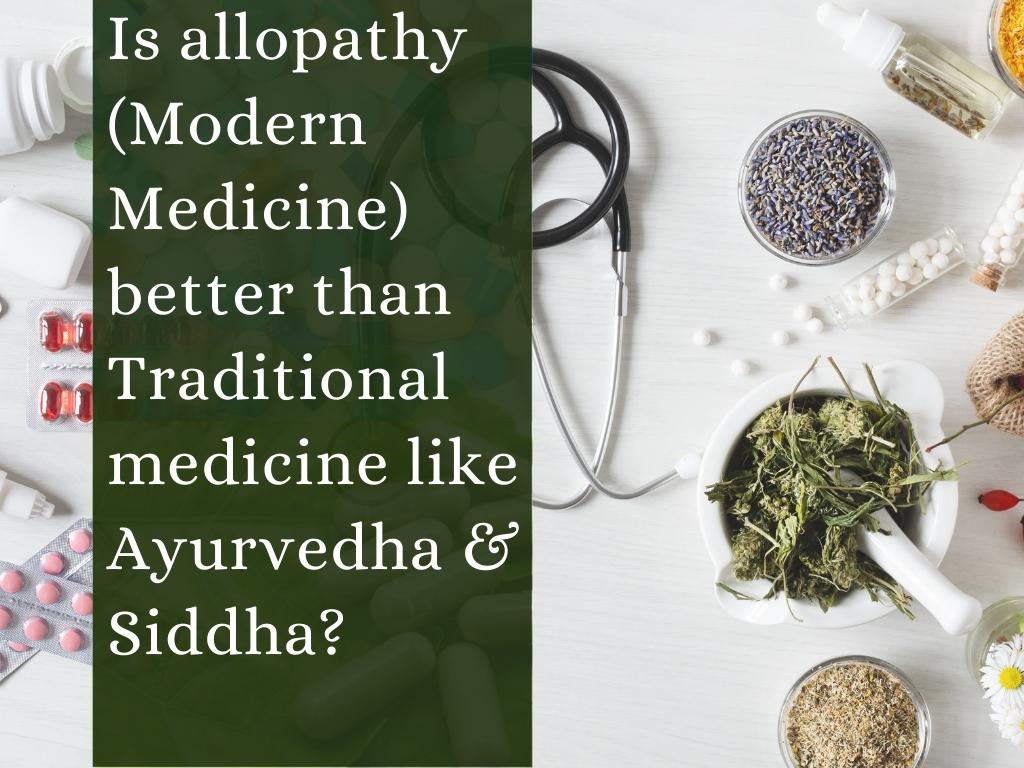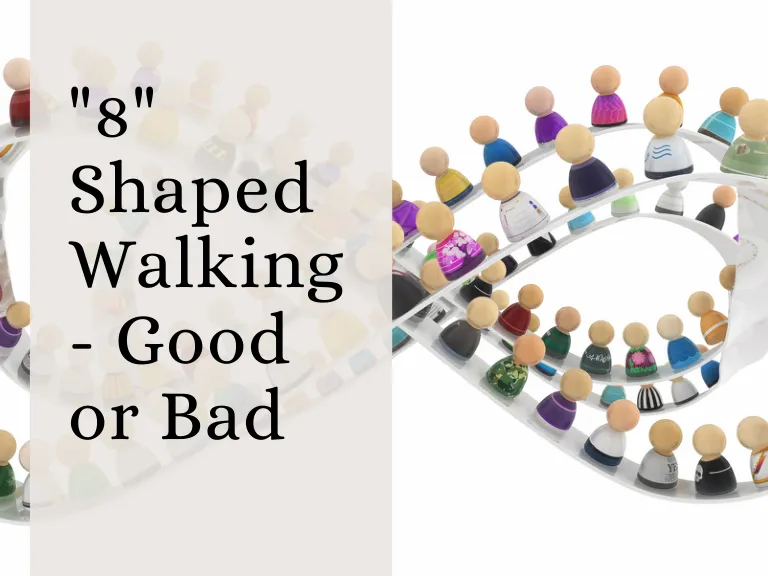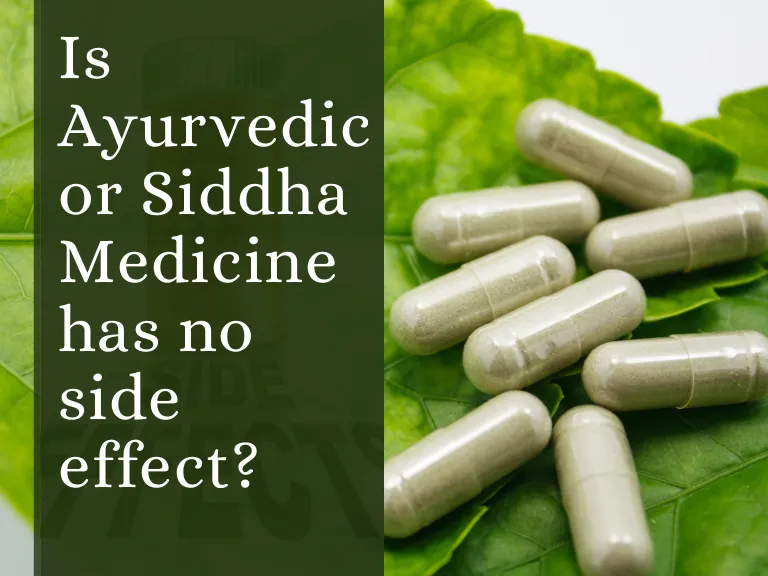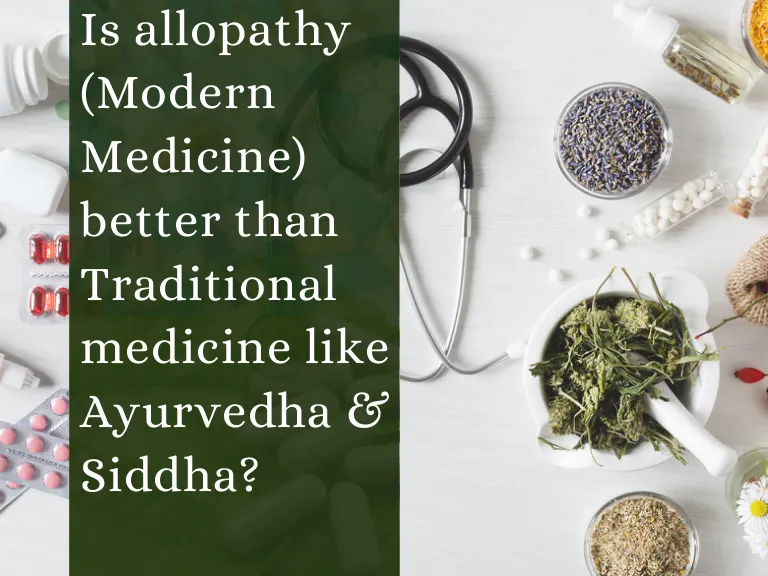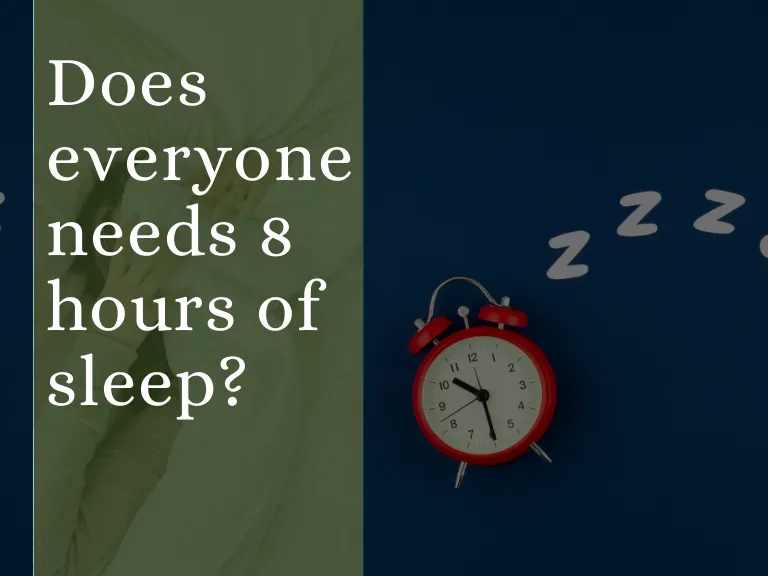Is allopathy (Modern Medicine) better than Traditional medicine like Ayurvedha & Siddha?
-
 Nalamaree Team
Nalamaree Team
- 09 May 2024
Myth: Allopathy is always superior to traditional medicine.
Fact: The effectiveness of a medical system depends on various factors, including the specific condition being treated, the individual patient's response to treatment, and the expertise of the healthcare provider. While allopathy is based on rigorous scientific research and evidence-based practices, traditional medicines like Ayurveda and Siddha have been practiced for thousands of years and may offer benefits in certain cases, particularly for chronic conditions or holistic approaches to health.
Myth: Traditional medicines lack scientific validation.
Fact: Traditional medicines such as Ayurveda and Siddha have their own systems of empirical evidence, albeit different from the clinical trials and research methods used in modern medicine. While some traditional remedies lack robust scientific validation, others have undergone scientific scrutiny and may show promising results in clinical studies. Additionally, modern research methods are increasingly being applied to evaluate the efficacy and safety of traditional medicines.
Myth: Allopathy always causes harmful side effects.
Fact: While some allopathic medications may have side effects, they are rigorously tested for safety and efficacy before being approved for use. Side effects can vary depending on the individual's response to treatment and the specific medication being used. Similarly, traditional medicines can also have side effects, especially if not used properly or in conjunction with other treatments. It's essential for patients to discuss potential side effects with their healthcare providers and weigh the risks and benefits of any treatment option.
Myth: Traditional medicines are only based on superstition and folklore.
Fact: Traditional medicines like Ayurveda and Siddha are rooted in ancient knowledge systems that have evolved over centuries through observation, experimentation, and experience. While some practices may have originated from cultural beliefs and traditions, many traditional remedies are backed by principles of herbal medicine, nutrition, and holistic health. These systems often emphasize the interconnectedness of mind, body, and spirit in maintaining health and preventing disease.
Myth: Allopathy and traditional medicine are mutually exclusive.
Fact: Both allopathy and traditional medicine have their strengths and weaknesses, and they can complement each other in a patient-centered approach to healthcare. Integrative medicine, which combines the best practices of both systems, is becoming increasingly popular as it offers a more holistic and personalized approach to treatment. Patients can benefit from the expertise of healthcare providers trained in both allopathic and traditional medicine, as well as from open communication and collaboration between different healthcare disciplines.
In conclusion, it's important to recognize that the choice between allopathy and traditional medicine is not a matter of one being inherently superior to the other. Rather, it depends on the individual's health needs, preferences, and cultural beliefs, as well as the specific condition being treated. Both systems have valuable contributions to make to the field of healthcare, and an integrative approach that respects and incorporates the strengths of each can lead to optimal health outcomes for patients.

